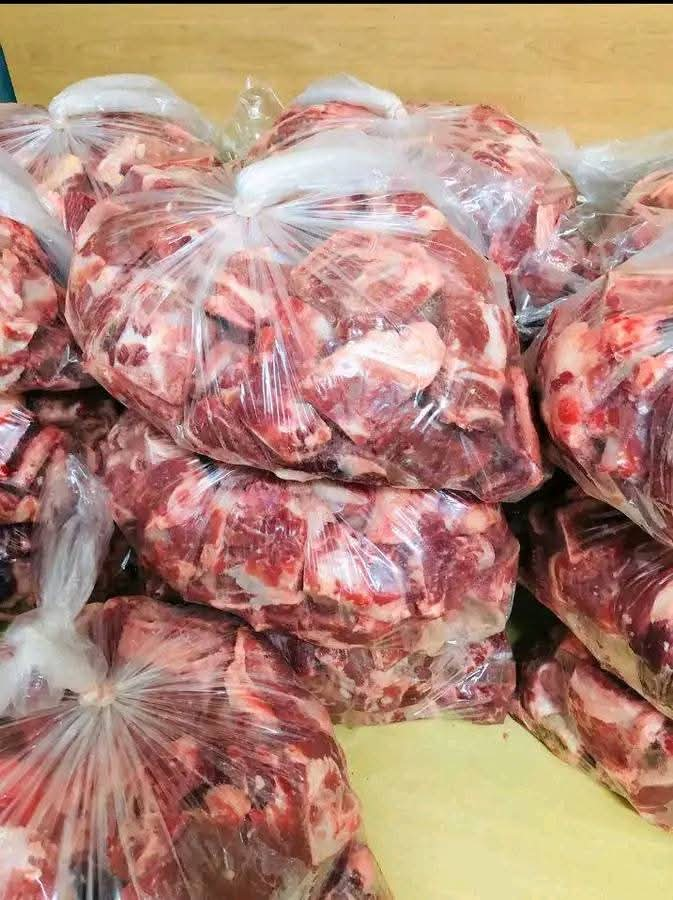World Bank wants 16 percent VAT on meat, avocado and coffee to boost revenue

The World Bank has called on Kenya to impose a 16 percent value-added tax (VAT) on items such as meat, wheat flour, avocado, coffee and toothpaste, warning that exempting them is denying the country billions in revenue.
In its latest economic report, the bank says removing these goods from the tax-exempt list would help Kenya expand its revenue base without hurting low-income households, as the items form only a small part of their spending.
“Since a big space of poor households’ shopping basket is taken up by food, most foodstuffs are either exempted or zero-rated from VAT to cushion them from a spike in price whenever there is a poor harvest,” reads the Kenya Economic Update.
But the bank argues that the targeted items are “largely a luxury” for poor families and do not take up much of their budgets. It also wants postal service fees and popcorn taxed under the standard VAT rate.
The proposal supports ongoing efforts by the National Treasury to reform the VAT Act through the Finance Bill 2025, which is currently before the National Assembly’s Finance and National Planning Committee.
The Bill seeks to move several goods from the zero-rated to the exempt category, including raw materials for medical products, animal feeds, and the transportation of sugar from farms to milling factories.
Under current law, businesses dealing in zero-rated items can reclaim VAT paid on inputs as refunds. But for exempt goods, no VAT is charged and input refunds cannot be claimed, which affects supplier costs and revenue collection.
The Parliamentary Budget Office has questioned the proposed changes, saying it remains unclear whether they are genuine reforms or a move to “clean up or cash in.”
The World Bank says reforming VAT exemptions could help Kenya catch up with other countries in reducing poverty by unlocking resources to support the most vulnerable.
It outlines three possible options for VAT reform. The first is to tax currently exempt goods at 16 percent, which could raise about Sh78.4 billion.
The second is to keep exemptions for goods least consumed by the poor but lower the VAT rate to 14 percent. This would save about Sh29.5 billion, with half of it going to cash transfer programmes.
The third is to raise the VAT rate to 18 percent while keeping the current exemptions, a move expected to generate Sh49.1 billion, including Sh16 billion that could go into welfare spending.
“These fiscal reforms, by freeing up resources from inefficient subsidies and generating new revenue streams from VAT, provide a sustainable pathway to scale up cash transfers,” the World Bank said.
“This expansion in coverage, coupled with adequate benefit levels, will have a significant impact on reducing overall poverty and inequality in Kenya.”
VAT is the largest source of tax revenue for the Kenya Revenue Authority, contributing around 25 percent of ordinary revenue. The World Bank says reforming exemptions could help the country support more people living below the national poverty line of Sh885 per day.
